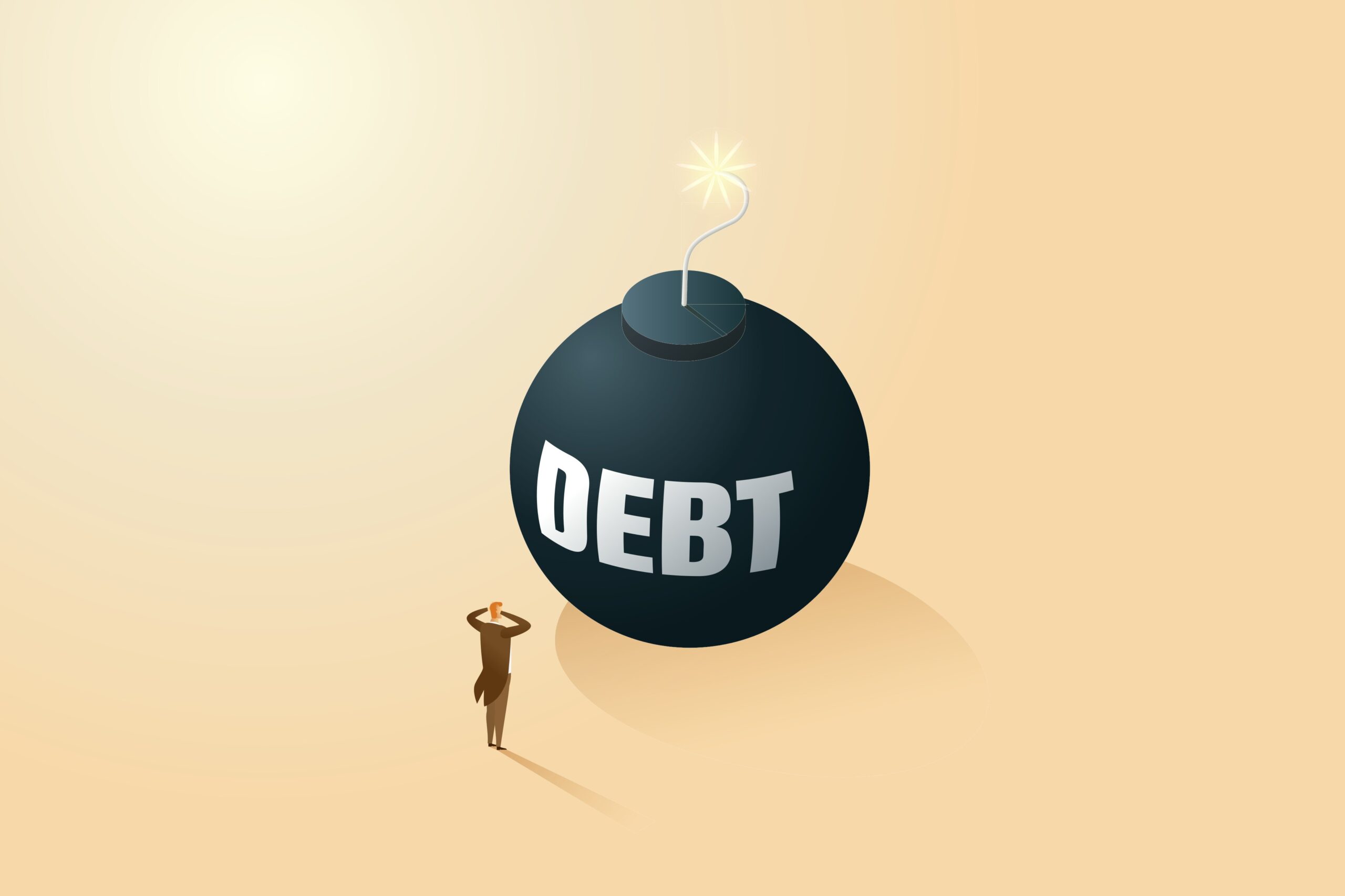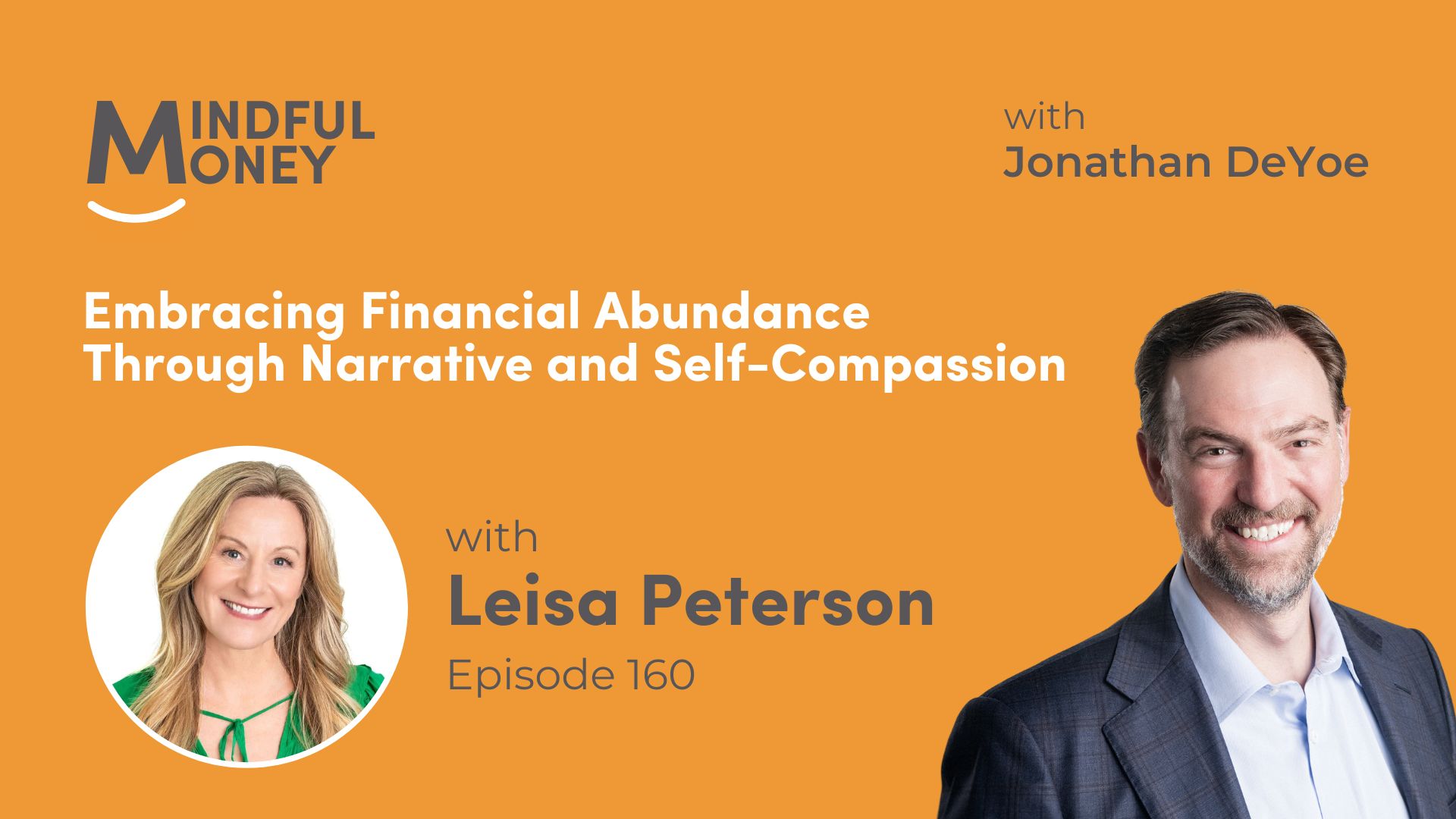What defines a “good” financial advisor? If you asked five different people, you’d get five different answers. But when you ask 19,000 people, some common trends start to appear. According to this survey by Dimensional Funds, a good advisor is one who:
- Gives you a sense of security and peace of mind,
- Is knowledgeable of your personal financial situation, and
- Helps you make progress toward your financial goals.
Other Signs of a Good Advisor
They Ask Good Questions
Does your financial advisor ask you questions in an effort to understand your situation, goals, and needs? A good financial advisor takes the time to get to know you well.
This approach will be different if you use a “robo-advisor.” Though robos will ask questions to determine the appropriate portfolio, the questions will be strictly about risk tolerance and time horizon.
The idea is that your advisor should first learn everything they can about you and your financial situation BEFORE they suggest a course of action designed to help you meet your goals. If your advisor is more interested in pushing products than learning what matters to you, that’s a major red flag.
They Have a Clear Fee Schedule
You should be able to understand both what you are paying AND what you’re paying for. A good financial advisor is transparent about how they are compensated. There might be tiers based on your account size, but you should be able to see the tiers, and understand the calculation.
It’s also important to pay attention to whether they have unusual fees attached to certain investments. For example, there might be additional fees and costs associated with “private” investments, hedge funds, or exotic products. If and/or when you see these “extra” fees, you should ask more questions and pay extra close attention to the answers. Products that are illiquid, or have “extra” fees built on them, rarely live up to the sizzle that sells them.
Your financial advisor should also be able to explain the internal costs (expense ratios) involved with the mutual funds and ETFs they select for your portfolio, and how those costs might impact your returns.
In simple language, you want to know your total costs when you are considering an advisor. Some advisors or brokers might claim they are low-cost because they “don’t charge a fee,” but the products they use might have huge costs internally – and may pay the broker a big commission. It is imperative to know your TOTAL cost.
They Challenge Questionable Decisions
Ask yourself the following question, and really consider the answer. “When is it the most important for you to be able to hear really good advice?”
Let’s take an extreme example. Pretend that you have a well-considered, comprehensive financial plan in place, and you see that you are on the path to reaching all of your financial goals… so long as you keep saving at the current rates, and stay committed to the portfolio you have in place.
But, a beach house comes available, and you WANT it, really badly.
You call up your advisor and ask them them to liquidate your trust account AND ½ of your retirement savings, because, this beach house actually does it all. You are buying it at a great price, and it will immediately be worth lots more once the retaining wall has been installed (the realtor said so), and this area has gone up in value at 7% per year for the last decade – so it can be a sort of retirement plan, as well as being a great place to visit on weekends.
What would you think of an advisor that comes back with, “You know, I think that is a brilliant idea, you should go for it!” Obviously, we need lots more details to know if it could make sense. But I would want an advisor who would ask questions about this kind of extreme shift in plan and process.
To answer the initial question, the most important moment in the client-advisor relationship is the moment when the client is about to do something that hurts them – that reduces the probability of them attaining all of the goals set forth in their well-considered financial plan. Advice that makes a difference most often comes where there is disagreement.
Great advisors push back (with compassion) when pushing back is best for the client.
By the way, this is a true story. And this is only one of hundreds of stories we can point to where we pushed back. In most cases, clients really appreciate having a thoughtful partner who knows them and their hopes and dreams really well, and makes the attempt to keep them on their plan.
They Can Explain Their Investing Process (And it Makes Sense)
Financial advisors should also be able to explain their investing strategy. They should be able to tell you how they will manage your funds, and the principles that inform their decisions. Even if they use a version of Modern Portfolio Theory (MPT), they should still be able to explain what strategy they will employ, and why.
This is one of the most important areas for an advisor to provide perspective and push back. Whether it is a client’s desire to put it all in technology (circa 1999), or Real Estate (circa 2007), or Bitcoin (circa 2018), the advisor must be a constant reminder of the market cycle and the benefits of diversification. And, on the other hand, whether it is the dot.com bust, or the Great Recession, or Coronavirus – the advisor must also be a steady hand on the wheel, when every news story and every synapse of our amygdalas are telling us to run for the hills.
A good advisor will help you stick to your plan through market volatility, and help you remain focused on the essentials. A financial advisor is a guide who helps navigate volatile markets and explains to you clearly when it’s time to make changes and when its time to stay on course.
They Put It in Clear Writing
Your financial advisor should be willing to put the terms of the advisory agreement in writing. An advisor who claims to be a fiduciary but won’t put that in writing is a red flag. Additionally, the fee structure should be explicit in the agreement. Any advisor who’s unwilling to put things in writing is someone to avoid.
How Do I Ask If They Are Good… Without Being That Direct?
You can trust a really good financial advisor with your financial life. You can work with them to create a financial plan of action, and follow that plan across generations. You can give them discretionary control of your investments, and trust that they will put your interests first. You can trust that they will advise the next generation on your legacy plans, and make sure that they carry them out. That is a lot of responsibility. You want to make sure you are working with the right person.
And, you might be working with the very best person for you. However, if you already have a financial advisor and you are reading this, then you may have questions. Or you may simply be curious how they compare to other options out there in the world. If you want to know for sure, do the following:
- Start with a little bit of research,
- Follow up with some one-on-one meetings,
- Ask for second opinions from your favorite advisor, then
- Ask questions, think it through, and make a decision.
Do Some Research
Ask your friends and neighbors (people in similar financial circumstances, especially) who they use. I’ve seen people ask this type of question on Nextdoor. If you come up with a couple names, then start there. If you end up with a single name, then search your local area for Independent RIAs or Financial Planners, and pick a few who come highly recommended.
Visit their websites and check their social media profiles to see what they are all about. Review the sorts of things they talk about – look into how they present themselves to the world. Find at least 2 to call, and begin a conversation.
You can even let them know exactly what you are up to… “Hi, my name is _____, and I’m not really looking for a new advisor. I have an advisor I have worked with for a while, and I’m just reaching out to talk to other advisors, to get a sense of whether I am getting all I should out of my advisory relationship. I’m wondering if I could ask you a few questions?”
Follow Up with One-on-One Meetings
You probably want to start by asking your advisor a set of questions, to establish a baseline. Here are a few simple questions that can really help you get to the bottom of whether or not you are with the right person.
Question 1: Are you a fiduciary financial advisor?
Don’t get lost in the sea of acronyms—trust me. Advisors can be CFPs, CPWAs, AIFs, and the list goes on. Don’t be afraid to ask about certifications, but the most important thing you need to know is that they’re fiduciaries. Fiduciary advisors have a legal responsibility to:
- Put their clients’ needs above their own,
- Be transparent and act in good faith with their clients,
- Avoid (and disclose) all conflicts of interest, and
- Provide accurate and thorough advice in all situations.
Their top priority is helping you reach your financial goals. It has to be – that’s the law. They’re not going to try to sell you products you don’t need because they’ll get a bigger commission.
If they are NOT a fiduciary, I don’t know how you will ever know whose interests they are serving. I would recommend you interview other advisors.
Question 2: How do you get paid?
Pay for financial advisors can range from flat hourly rates to a combination of fees and commissions. There’s nothing inherently wrong with any of these methods, as long as the advisor is crystal clear on how they’re compensated.
Here are the three most common pay structures for advisors:
- Fee-only. These can be hourly fees, AUM fees, or retainer fees. Most of these firms are independent, Registered Investment Advisors (RIA) firms. Fee-only advisors are usually fiduciaries, and they receive Zero/Zip/Zilch commissions on product sales.
- Commission-only. This means the advisor makes money off of your investments. For example, if you invest $10,000 and the advisor earns 3% commission, you’d pay $300 to the advisor and invest the other $9,700.
- Hybrid or Fee-based. This is a combination of fee-only and commission-only (the two types mentioned above). You pay a fee for their service, and you also pay some form of commission on investments.
If the advisor is commission-only, or hybrid, then you are likely not dealing with a pure fiduciary. Keep looking.
Question 3: What does your ideal client look like?
You want someone who’s ideal client looks like you. You want to work with someone who knows about the things that are important to people like you. If you’re a business owner, you may want a financial advisor who has experience with business succession planning, employee benefits, and the variables of entrepreneurial income. If you’re near retirement age and had a late start investing, you may want a financial advisor who’s well-versed in maximizing retirement income. If you’re… you get the idea. You want to work with someone who has some experience or expertise in working with people like you.
Question 4: Can you explain how _____ works?
For this question, choose any topic to fill in the blank. But, make it the same topic for each advisor you are interviewing – including your current advisor. You may have a question about social security, or it may be about investing, or it may be about retirement income planning. The answer is important, but it isn’t as important as the delivery and communication methods of the advisor.
Be creative, and don’t be afraid to pick a topic you know little about. You’ll learn something, you’ll be able to ask follow-up questions, and you’ll get to see how the financial advisor explains complex topics. You don’t want to work with a financial advisor who talks way over your head, or with an advisor who minimizes your questions. You want to choose someone whose style of communication works for you.
Request a Second Opinion
If you already have an advisor that you like, then pick your favorite from the new batch and just ask for a second opinion. Every advisor I know will take the chance to “compete” for your business. And, let’s be honest, if there is a better way to approach your financial planning or your portfolio management, you’d want to know about it. Be careful – this is NOT about short-term portfolio performance.
If you either don’t have an advisor, or you have an advisor you don’t really like, then you should get a second opinion from the top two interviewees.
In this step, you are going to share as much detail as you are comfortable sharing and see what recommendations they might have for you. At the very least, you’ll have a chance to get to know the advisor and planner that you might be working with at this firm. Even if you continue doing it yourself, or you stay with your current advisor, you could learn something important – and bring it into your planning.
Make a Decision
During the exploration and request for a second opinion, you will be asking lots of questions of them – at the same time they are asking questions of you. Think about all of the back-and-forth, and consider the advice, the demeanor, the philosophy, and the general trustworthiness of your different potential advisors.
Then, make your choice.
The Bottom Line
Choosing a financial advisor is important work. Don’t rush it. If no one fits, don’t be afraid to keep looking until you find someone who does. If any questions go unanswered – keep looking. You get that weird feeling about anything – keep looking. Any condescension – keep looking. Anything besides that sense of calm that you’ve found that rare breed who both knows their stuff and is worthy of your trust – keep looking.
As a quick reminder, the most important thing is that your advisor be:
1. A fiduciary,
2. Transparent with their fees,
3. Available & communicative, and
4. Able to explain their process in plain language.
Most advisors know how to create a simple financial plan and offer investments to help you reach your long-term goals.
Good advisors—on the other hand—can also empower you with the wisdom, patience, discipline, and resilience needed to stick to your plan, in the good times and the bad.





